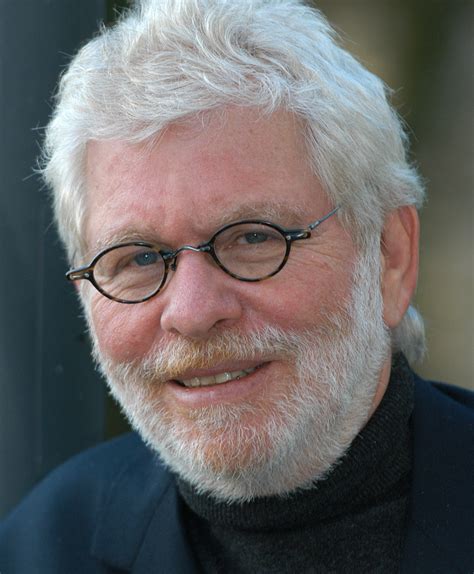A Quote by Ehud Olmert
I know the war in Iraq is controversial in the States, but for us in the Middle East it has made a great and significant impact.
Quote Topics
Related Quotes
Wars between states and people seem to have existed under all historical systems for as long as we have some recorded evidence. War is quite clearly not a phenomenon particular to the modern world-system. On the other hand, once again the technological achievements of capitalist civilization serve as much ill as good. One bomb in Hiroshima killed more people than whole wars in pre-modern times. Alexander the Great in his whole sweep of the Middle East could not compare in destructiveness to the impact of the Gulf War on Iraq and Kuwait.
I believe that the Iraqis have an opportunity now, without Saddam Hussein there, to build the first multiconfessional Arab democracy in the Middle East. And that will make for a different kind of Middle East. And these things take time. History has a long arc, not a short one. And there are going to be ups and downs, and it is going to take patience by the United States and by Iraq's neighbors to help the Iraqis to do that. But if they succeed, it'll transform the Middle East, and that's worth doing.
Sadly, a U.S. invasion of Iraq 'would threaten the whole stability of the Middle East' - or so Amr Moussa, secretary-general of the Arab League, told the BBC on Tuesday. Amr's talking points are so Sept. 10: It's supposed to destabilize the Middle East. The stability of the Middle East is unique in the non-democratic world and it's the lack of change in Iraq, Iran, Saudi Arabia, Syria, Egypt that's turned them into a fetid swamp of terrorist bottom-feeders.
What bin Laden had hoped to achieve in Afghanistan in the post-9/11 period, which was to drag the United States into a protracted guerrilla war like the one he had fought against the Soviets, never happened. Instead, that protracted guerrilla war is now playing out in Iraq, in the heart of the Middle East.
I think the public is very reluctant to get involved in more foreign wars, especially in the Middle East. And they understand, implicitly, that we go to war in the Middle East because of oil. And if we don't want to go to war in the Middle East, then we have to do something about the oil problem. And I think that view is gaining ground in the U.S.

































